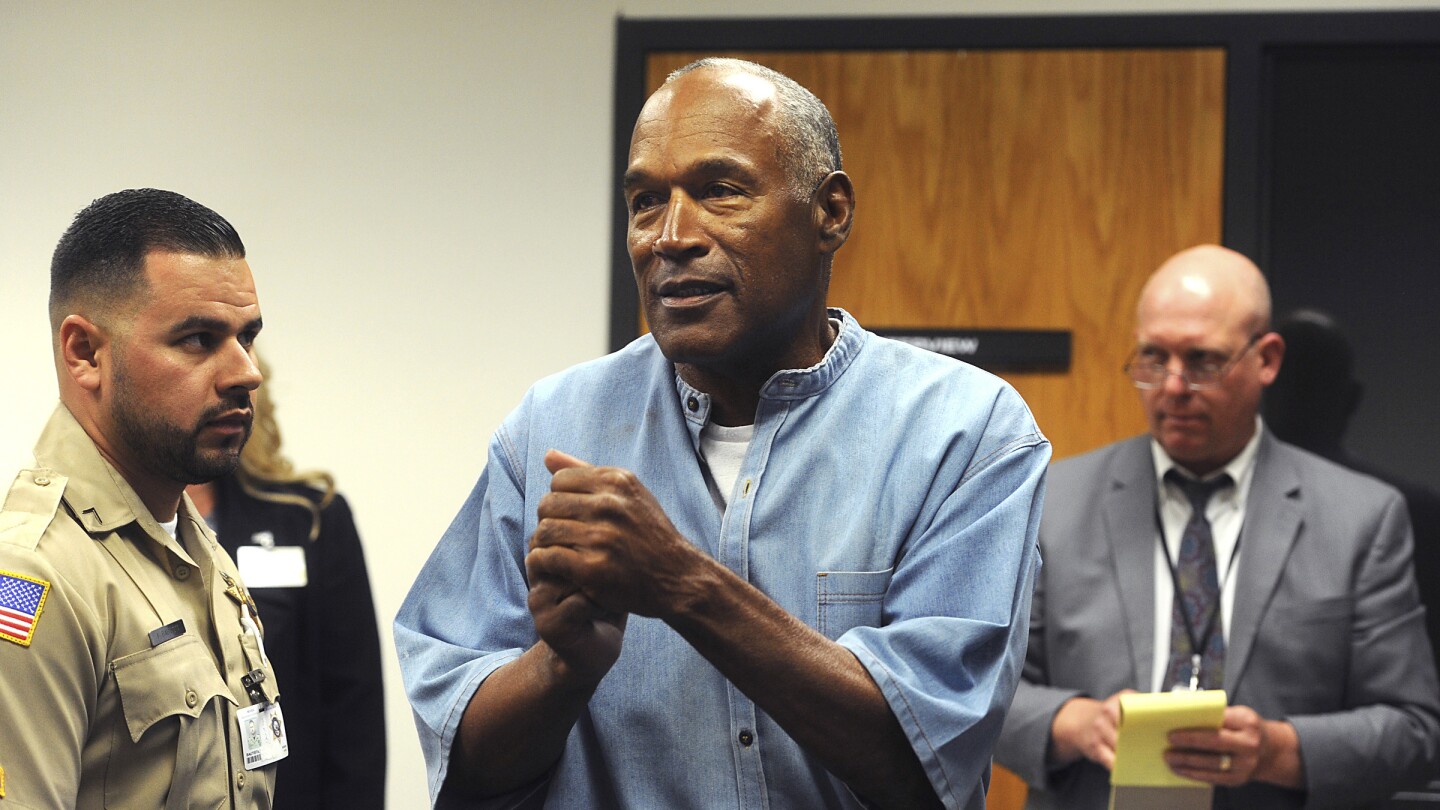Simpson’s will was filed Friday in a Clark County court in Nevada, naming his longtime lawyer, Malcolm LaVergne, as the executor. The document shows Simpson’s property was placed into a trust that was created this year.
LaVergne told the Las Vegas Review-Journal that the entirety of Simpson’s estate has not been tallied. Under Nevada law, an estate must go through the courts if its assets exceed $20,000.
Simpson died Wednesday without having paid the lion’s share of the civil judgment that was awarded in 1997 after jurors found him liable. With his assets set to go through the court probate process, the Goldman and Brown families could be in line to get paid a piece of whatever Simpson left behind.
LaVergne, who had represented Simpson since 2009, said he specifically didn’t want the Goldman family seeing any money from Simpson’s estate.
“It’s my hope that the Goldmans get zero, nothing,” he told the Review-Journal. “Them specifically. And I will do everything in my capacity as the executor or personal representative to try and ensure that they get nothing.”



Your comments are made in the context of the OJ story, so to say “Dont we all want our executors to try to carry out our wishes to the best of their ability?” is incredibly dishonest.
Personal representatives must pay the debts of the estate. They can decline or challenge debts that they believe to be invalid. The debt to the Goldman family is a valid judgment from a court of competent jurisdiction. What legitimate challenge is the personal representative making about the debt?
I assume the challenge is an effort to waste all of the assets of the estate on attorneys fees and administration costs. Essentially so that when a court tells them that they must pay the Goldman family that there are no assets left to pay.